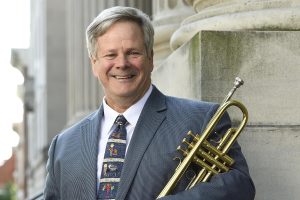
Abstract: Musicians face unique occupational health challenges that arise from the physical and acoustic demands of performance. While traditionally approached from medical or pedagogical perspectives, the principles of mechanical engineering provide powerful tools for understanding and mitigating these risks. Engineering contributes through instrument design, where advances in ergonomics and lightweight materials reduce musculoskeletal strain; through biomechanical analysis, which models forces, vibrations, and postures that can lead to injury; and through acoustical engineering, which informs hearing conservation strategies in rehearsal and performance environments. Assistive devices, adaptive supports, and wearable sensors further illustrate how engineering innovations improve both prevention and monitoring of health risks. By integrating mechanical engineering with occupational health research in music, we can advance evidence-based strategies that enhance performance, sustain careers, and promote the long-term wellbeing of musicians.
Bio: Kris Chesky, PhD, is a jazz trumpeter and Bloomberg Distinguished Professor with appointments in the Peabody Institute and JHU School of Medicine. As a leading figure in the emerging field of performing arts medicine, he has pioneered research on the prevalence of music-specific occupational health concerns, biomechanics of musical performance, hearing conservation, and the design of safer learning and performance environments. Chesky has played a central role in advancing policy, education, and advocacy through international collaborations, including the recent Global Summit on Occupational Health in Music, and is a co-developer of the Total Musician Health model. His work bridges science, engineering, and music to promote healthier outcomes associated with music.
Host: Shinuo Weng